Reading meaningful and engaging books can really add to a child's experience of yoga and mindfulness. When we chose relevant books for our kids, we provide opportunities to connect more to themselves and the world around them by seeing themselves in the characters that they are reading about.
When selecting your book, try to imagine your kids and their age appropriate attention span. We don't want our books to bore our kids or make it feel too much like school. Who says that we even need to read the book in one class? Read with enthusiasm and enjoyment—don’t be afraid to use funny voices or to read louder or more quietly as is appropriate. Show your silly side—-and have some fun with it.
Here are some suggestions for ways to integrate books into your youth yoga or mindfulness classes.
- Read together before relaxation or savasana to help to bring the energy down for class.
- Allow children, if age appropriate,to each read a page, passing the book around.
- Break it up by reading several pages and doing some poses or activities that connect to the book, and then reading a few more pages.
- Act out different scenes or poses in the book.
- Follow up with a creative visualization related to a theme or scene from the book.
- Follow up with an art or journal activity.
- While reading, stop and ask open-ended questions such as:
- Why do you think the character did that?
- What do you think will happen next?
- What do you think is happening in the picture?
- Has anything like this ever happened to you?
Fortunately, there is no shortage of material to pull from. Here are a few of my top choices:
Little Yoga: A Toddler's First Book of Yoga by Rebecca Whitford
Here is a playful introduction to nine simple yoga exercises for young children. Toddlers will enjoy moving along with Yoga Baby as they follow the basic poses. Unlike most books on the subject, Yoga Baby is aimed directly at preschoolers. This interactive picture book also includes helpful information for parents and educators. Fun, accessible, and colorful—it’s a great way for little ones to discover yoga.
Moody Cow Meditates by Kerry Lee MacLean
It all started one stupid, rotten day when everything went wrong… Peter the cow is having a BAD day. After missing the bus and wiping out on his bike he loses his temper and gets in trouble. To make matters worse all the other kids are teasing him, calling him Moody Cow. Peter's day just seems to get worse until his grandfather comes over and teaches him how to settle his mind and let go of his frustration through a simple and fun exercise. This vibrant and funny children's book is a playful way to introduce children to the power of meditation.
Moody Cow Learns Compassion by Kerry Lee MacLean
This delightful sequel to Moody Cow Meditates reintroduces us to Peter (aka Moody Cow) and meet his mischievous “boys-will-be-boys” friend Bully. Along the way we meet a snake named Jaws, who also goes on to appear in Peter's terrifying dreams, and watch as Bully revels in the deaths of the crickets he feeds the snake. Peter is uncomfortable with the plight of the little creatures, earning him a new nickname: “Coward Cow” because Bully thinks he's a wimp. Once again, Grandfather, the beloved old steer from Moody Cow Meditates, brings serenity and long-horned wisdom as he gently teaches to compassionately identify with other beings. And the story ends with everyone sharing a laugh – and even Jaws and the crickets are happy. This book also includes two activities – compassionate cricket release and compassionate worm rescue – for parents and children to do together.
 Peaceful Piggy Meditation by Kerry Lee Maclean
Peaceful Piggy Meditation by Kerry Lee Maclean
Sometimes life seems like it's all about hurrying–so many places to go! And sometimes it's hard when things don't go your way–it can make a piggy angry and sad. So how do young piggies find a peaceful place in a frustrating world? They meditate! This is a sweet and gentle introduction to meditation for young children.
Mindful Movements: Ten Exercises for Well-Being by Thich Nhat Hanh
Initially designed as stretching breaks between long periods of sitting meditation, Thich Nhat Hanh’s Mindful Movements became so popular they’re now an integral part of his retreats. Based on yoga and tai chi movements, these simple, effective exercises reduce mental, physical, and emotional stress.
Stand in My Shoes: Kids Learning About Empathy by Bob Sornson Ph.D
When Emily asks her big sister what the word empathy means, Emily has no idea that knowing the answer will change how she looks at people. But does it really matter to others if Emily notices how they're feeling? Stand in My Shoes shows kids how easy it is to develop empathy toward those around them. Empathy is the ability to notice what other people feel. Empathy leads to the social skills and personal relationships which make our lives rich and beautiful, and it is something we can help our children learn. This book teaches young children the value of noticing how other people feel.
What can you hear when you are completely silent? Beautifully illustrated and gently written, Silence encourages children to stop, listen, and reflect on their experiences and the world around them. Using qualities of mindfulness, readers are asked to pay attention to what otherwise gets drowned-out in our noisy environment and use those sounds as a means to develop imagination and curiosity, and learn a little more about themselves.
 Visiting Feelings by Lauren Rubenstein
Visiting Feelings by Lauren Rubenstein
Beautifully descriptive prose and delightful illustrations cultivate a message of mindfulness and emotional awareness to help children fully experience the present moment. Rather than labeling or defining specific emotions and feelings, Visiting Feelings invites children to sense, explore, and befriend any feeling with acceptance and equanimity. Children can explore their emotions with their senses and nurture a sense of mindfulness. Gaining this objectivity allows space for a more considered response to the feelings. Practicing mindfulness can also enhance many aspects of well-being, help develop insight, empathy, and resiliency.
We are a participant in the Amazon Services LLC Associates Program, an affiliate advertising program designed to provide a means for us to earn fees by linking to Amazon.com and affiliated sites. If you are interested in purchasing any of the resources mentioned above, you can help support free programs like Mindful Mondays by navigating to them through the included links. Thank you for your support!
ABOUT MAYURI GONZALEZ:
Mayuri Gonzalez (E-RYT, RCYT) has been practicing yoga and meditation for over 25 years since her own childhood and specializes in bringing yoga and mindfulness to children. She has taught for Little Flower Yoga since 2010 and is currently the Director of The School Yoga Project, a program of LFY offering direct service yoga and mindfulness classes for preschools and K-12 schools in the Greater New York Area, staff development workshops, staff yoga, and tools for schools nationwide.
For more information about Little Flower Yoga and The School Yoga Project, visit www.littlefloweryoga.com. Contact Mayuri by email at mayuri@littlefloweryoga.com.










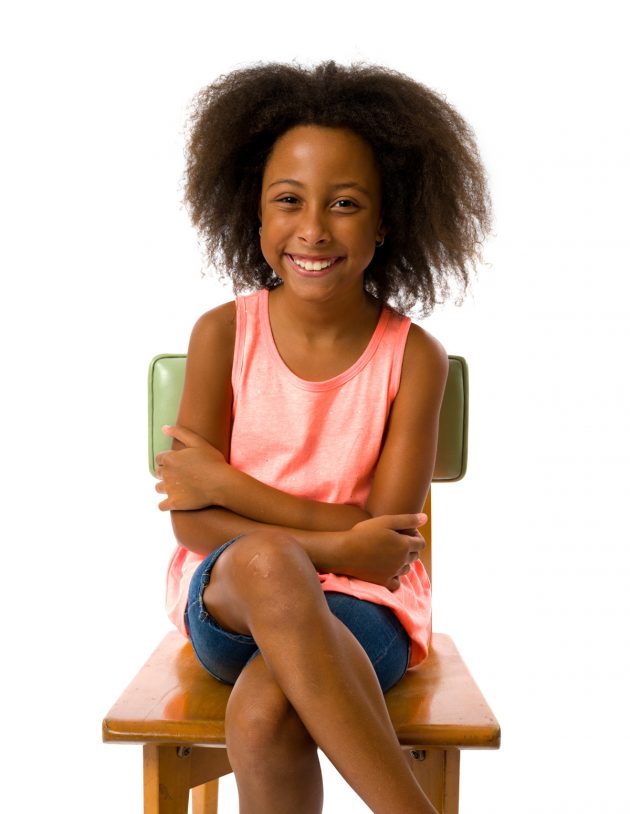


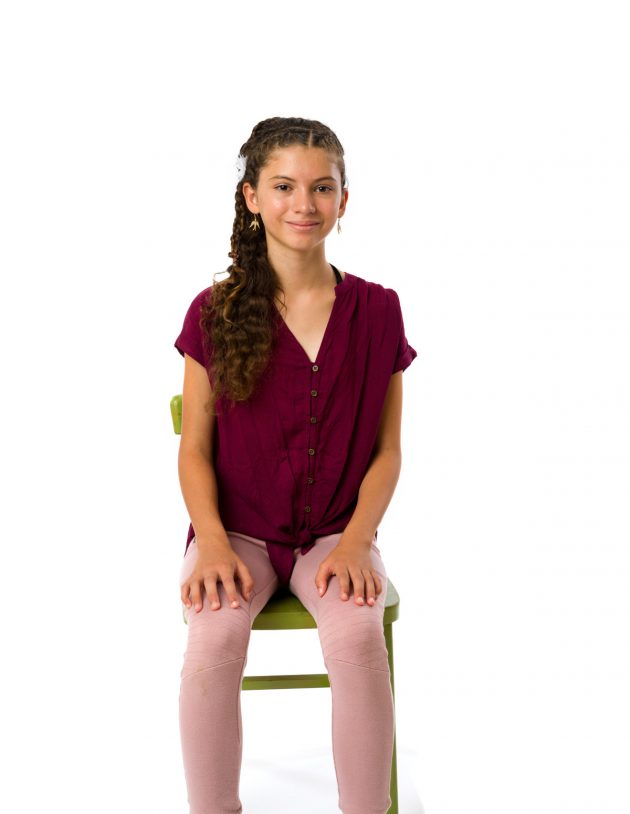




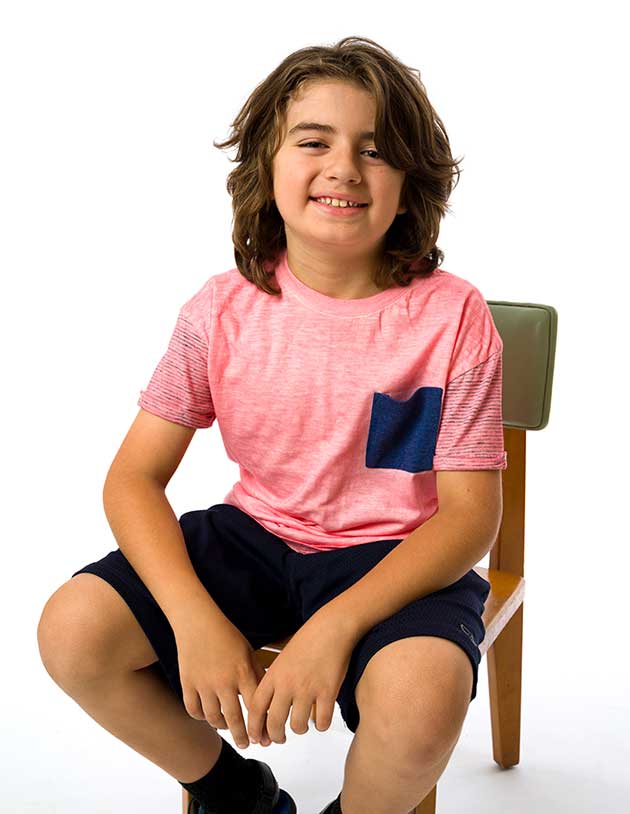
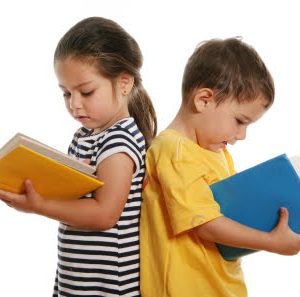
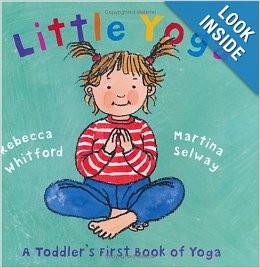


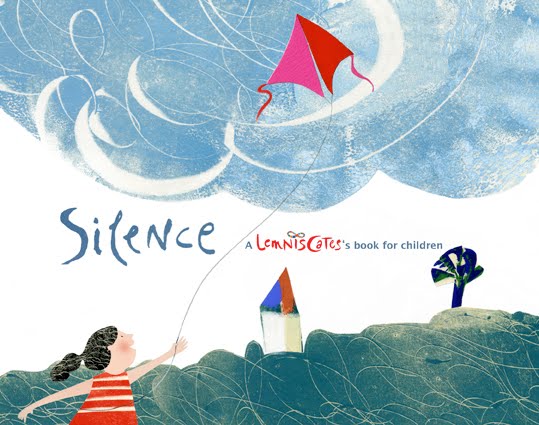 Silence by Lemniscates
Silence by Lemniscates